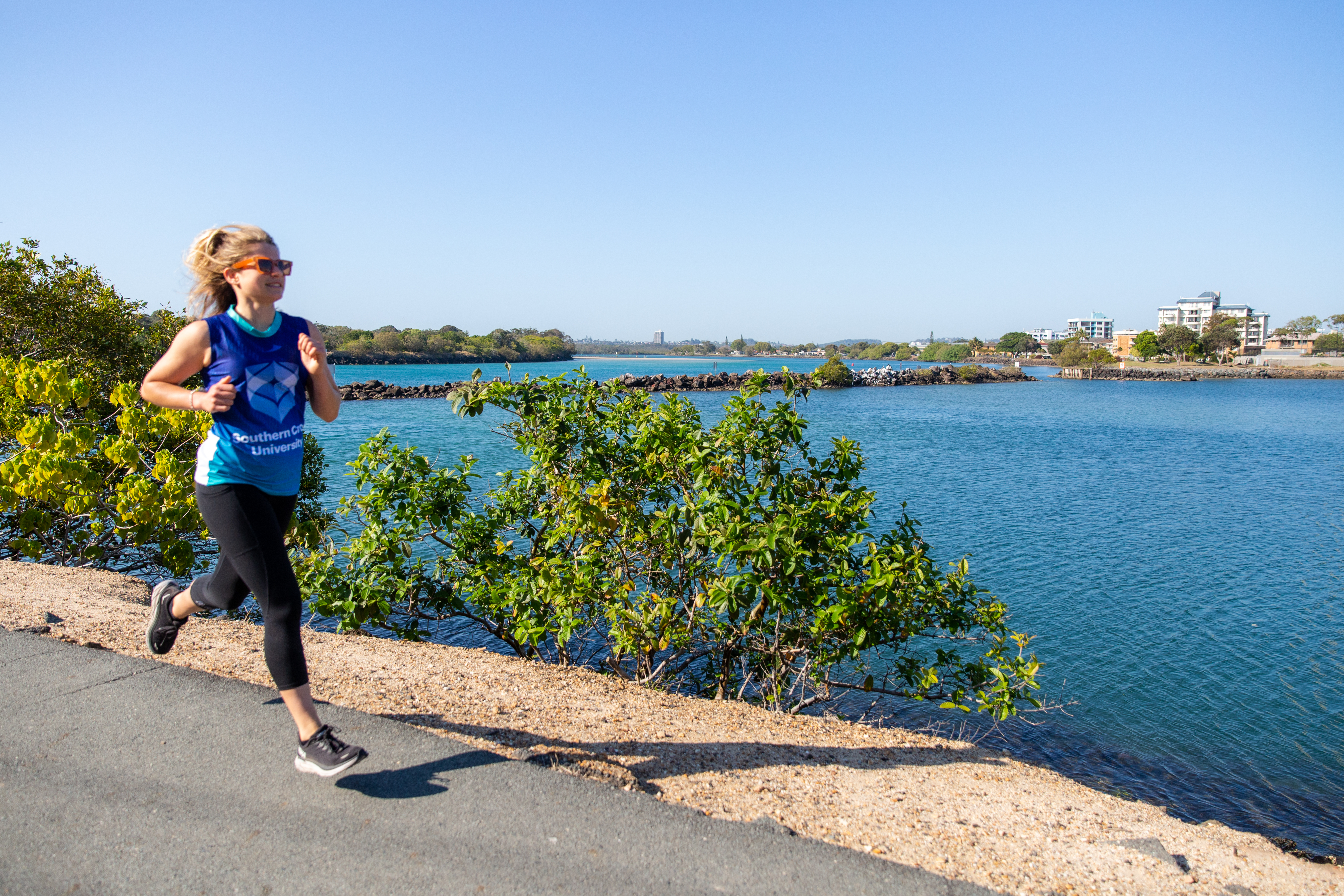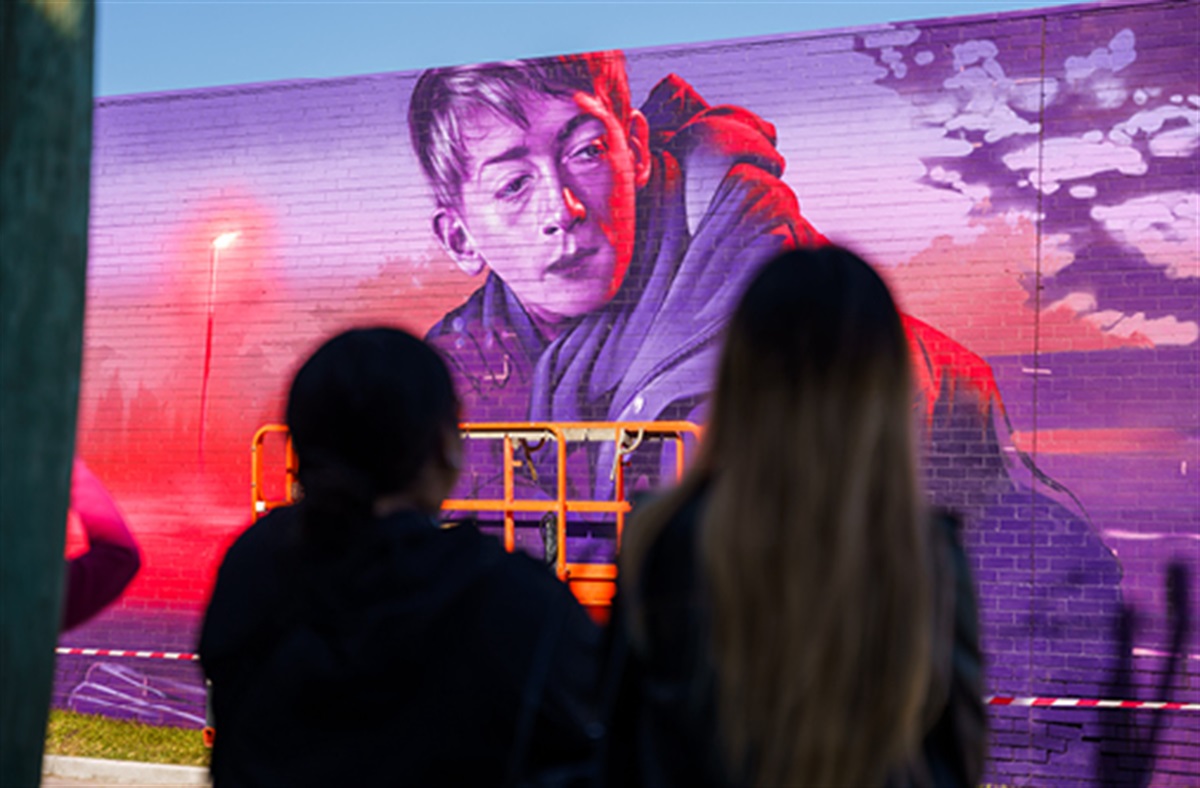As the world recovers from the COVID-19 pandemic and navigates the climate crisis, rethinking tourism must be a priority to ensure all children are protected from forced labour, sexual abuse and sexual exploitation, a UN expert said today. On World Tourism Day, 27 September, Mama Fatima Singhateh, UN Special Rapporteur on the sale and sexual exploitation of children, made the following statement:
“The adverse impacts of the COVID-19 pandemic, climate change and socioeconomic setbacks have caused enormous strains on child protection systems making children more vulnerable to sale, trafficking and sexual exploitation in the context of travel and tourism, especially in countries that have traditionally relied on the income generated from travel and tourism.
As Governments strive to build back better, recovery efforts for strong, resilient and competitive tourism means zero-tolerance towards sexual exploitation of children. Governments in collaboration with the tourism and hospitality sector, together with telecommunication companies and businesses, must engage in responsible and sustainable practices that address risks and root causes of child sexual exploitation. Officials and personnel in the tourism, travel and entertainment industry must be trained to take up a proactive role in the prevention of the scourge by sensitising its customers, monitoring and reporting violations.
While accelerating towards a green transformation, law enforcement, the tourism and business sector, as well as civil society organisations, must collaborate to provide adequate safety nets for vulnerable children at risk of exploitation, with alternatives for sustainable livelihoods.
Governments should intensify efforts to regularly monitor the activities of the entertainment and tourism industries, both in the formal and informal sectors, to detect and report cases of sexual exploitation of children and ensure compliance with international guidelines such as the Guiding Principles on Business and Human Rights, the Global Code of Ethics for Tourism and the Code of Conduct for the Protection of Children from Sexual Exploitation in Travel and Tourism.
It is regrettable that only a few states are party to the UN World Tourism Organization Framework Convention on Tourism Ethics. I call upon States to ratify expeditiously and harmonise it with national legislations to tackle the exploitation of children.”
Her call was endorsed by Ms. Siobhán Mullally, Special Rapporteur on trafficking in persons, especially women and children, Mr. Tomoya Obokata, Special Rapporteur on contemporary forms of slavery, including its causes and consequences, and the Working Group on Business and Human Rights: Fernanda Hopenhaym (Chair-Rapporteur), Pichamon Yeophantong (Vice Chairperson), Elżbieta Karska, Robert McCorquodale and Damilola Olawuyi.
September 27 is designated World Tourism Day every year to raise awareness of the need for accessible tourism; this year the day is on ‘Rethinking tourism’, with its potential as a vehicle for recovery and transformation.








